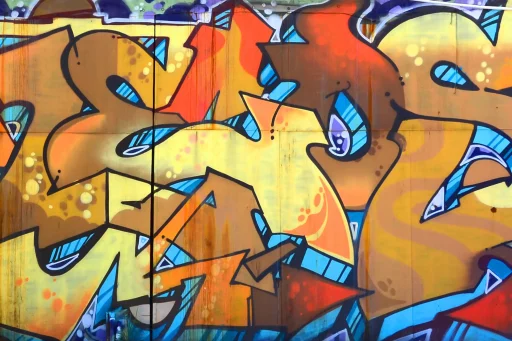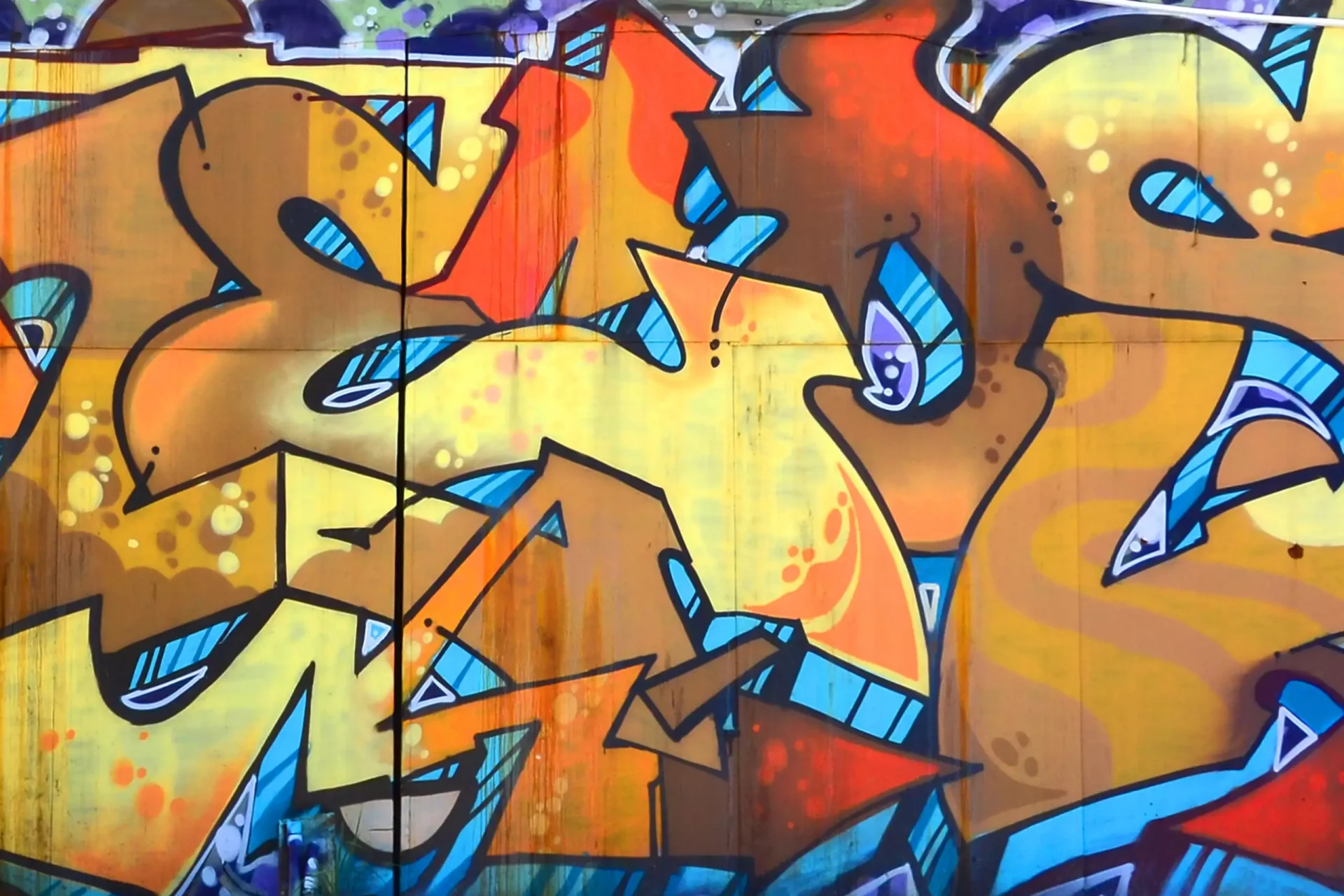Introduction to Pup Slang
When it comes to our furry friends, the bond we share can influence the language and slang we use to describe them. With the rise of social media and a growing dog-loving community, a lexicon of terms has emerged, each reflecting a unique relationship and affection we have for our pups. This article will explore the most popular slang terms for ‘pup’, how they came about, and their significance in dog culture.
Pup Vs. Dog: A Linguistic Difference
The term ‘pup’ typically refers to a young dog, but it’s also used affectionately for adult dogs, especially by their owners. This flexibility adds layers to the meaning and allows for a range of slang variations. Some common ones include:
- Fido: A traditional term that embodies the quintessential dog.
- Doggo: A playful term that has gained popularity online, especially in memes.
- Pupper: An affectionate spin on ‘pup’, often used to describe young or small dogs.
- Woof: A universal sound made by dogs, often adapted into slang to refer to our furry friends.
The Rise of Doggo and Pupper
In recent years, terms like ‘doggo’ and ‘pupper’ have exploded in popularity, largely due to the internet. The playful nature of these words has allowed them to take on a life of their own, especially on social media platforms like Twitter, Instagram, and TikTok.
According to a survey by the American Pet Products Association, around 67% of U.S. households own a pet, and the majority of these pets are dogs. This statistic underscores the widespread affection for dogs, leading individuals and communities to create a unique culture of dog-related language.
Regional Variations of Pup Slang
Just like any other lexical category, there are regional variations in dog slang. Here are a few examples:
- Gooch: Commonly used in parts of the UK to refer to a particularly adorable dog.
- Pawtato: A cute term for a dog that loves to lounge around.
- Smol: A play on ‘small,’ used frequently in online communities to refer to tiny dogs.
These terms provide fascinating insight into local cultures and how they view their canine companions, showcasing different attitudes and affections.
Case Study: The Doggo Meme Phenomenon
The doggo meme marked a cultural pivot point in how dogs are showcased online. Originating in early 2016, the term emerged from various social media platforms and quickly gained traction. Memes featuring ‘doggos’ typically highlight their goofy behavior, which resonates with dog owners globally.
A notable example is the popular “Doge” meme, featuring a Shiba Inu and its comically-stylized text. This meme has seen more than 50 million engagements over the years, demonstrating the reach and engagement that pup-related terms can harness.
The Psychological Impact of Dog Slang
Language does more than label; it shapes how we think and feel. Using affectionate slang terms for our dogs reinforces positive emotions and enriches our relationships with them. According to a study published in the Journal of Positive Psychology, pet ownership is closely associated with higher levels of happiness and well-being. Slang provides an additional layer of intimacy and affection, further enhancing this bond.
Why Slang Matters
Understanding and using slang in dog communication enriches the experience between dogs and their owners and fosters a sense of community among dog lovers. Owners often enjoy creating unique names that encapsulate their dogs’ personalities, further solidifying their relationships. This trend extends beyond personal usage; various dog-related businesses have even started incorporating slang into product names and marketing materials to resonate with their customers.
Conclusion
The language we use to talk about our pups is more than just words; it reflects the rich emotional tapestry of our relationships with these animals. From doggo to pup, each slang term carries its own charm and signifies a deeper connection between humans and their canine companions. As we continue to grow in our understanding and affection for our furry friends, expect the evolving dictionary of dog slang to expand even further, making the conversation about pups all the more delightful.






